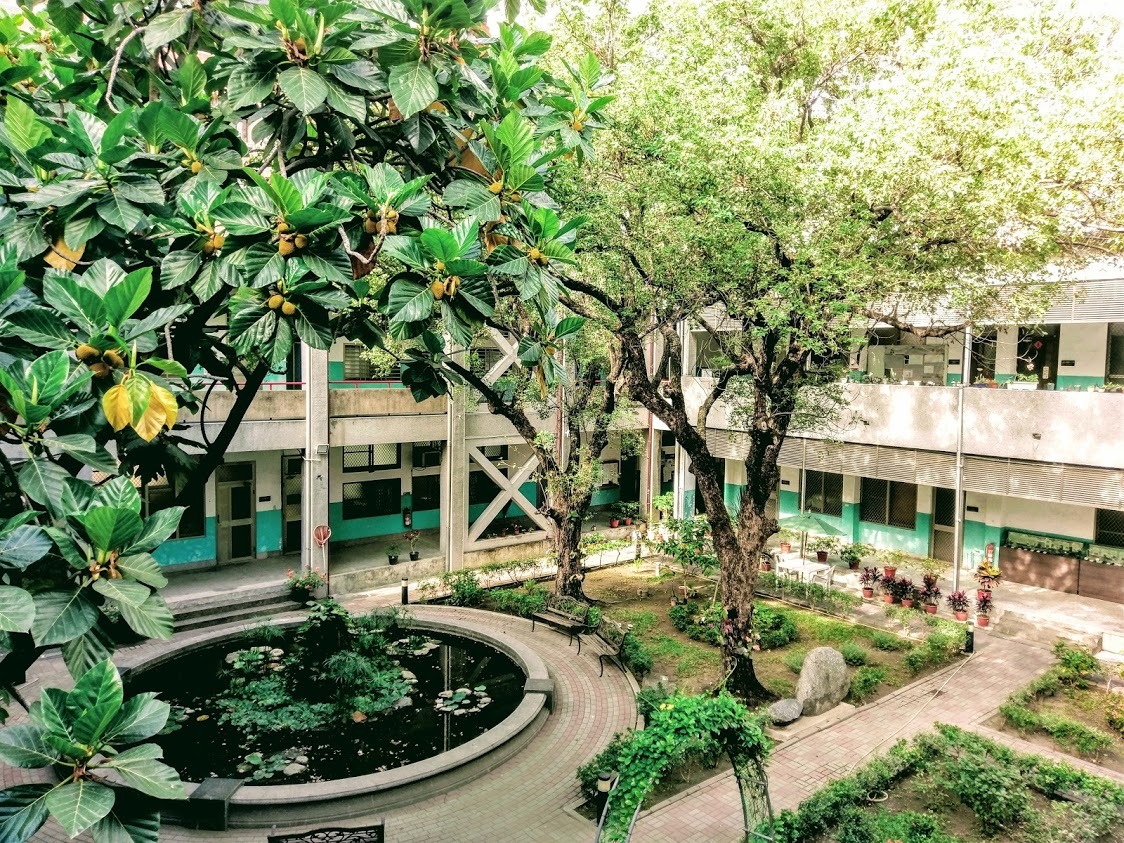lastupdate date
About the Earth Sciences

The Department of Earth Sciences was founded in 1968. In 1990, a master's degree was established and, in 1996, a doctoral class was established. In 2003, a master's in-service class was established. In the past decades, there have been considerable advances in the number of teachers, students, equipment, teaching standards and research results, and currently occupy a leading position in the application of earth science.
Research areas include: rock geochemistry, ocean chemistry, isotope geochemistry, mineralogy, petrology, paleontology, oceanography, hydrogeology, ocean physics, geophysics, geodesy, satellite telemetry, structural geology, mineral materials Science and technology applications, environmental and hydrological applications, geological hazard investigation and prevention, satellite information and geodesy, geological and geographic information applications, etc., diversified and various earth science practice courses. In recent years, according to the characteristics of teachers and the needs of the society, the three major areas of "mineral technology", "natural resources" and "global environment" have been drawn up.
In recent years, the Department has implemented the “Pursuing excellence in higher educational development” of the Ministry of Education and the Ministry of Science and Technology Project, and established the Isotope Geochemistry Laboratory, Analogous Stable Isotope Mass Spectrometer, Gas Chromatography Isotope Mass Spectrometer, and Penetration. Laboratorys such as electron microscope laboratory, gamma ray energy spectrum analyzer laboratory and inductively coupled plasma mass spectrometer have made remarkable progress in geochemical and environmental change research, and have become the most complete geochemistry of domestic instruments and talents. And one of the important research centers of mineralogy teaching. In order to promote the development of first-class university projects, the school established seven top research centers in 2006. The "Earth Dynamic System Research Center" then was established and composed of teachers and resources from the department. Therefore, in the field of global environmental research, with the key resources of geochemical and geophysical resources, through the established key instrument laboratory and front-end technology, global environmental change, geodynamics, hydrogeology, geological disasters, surface effects Research on key areas of the Earth's environment. Cooperating with the resources of the Earth Power System Center will produce significant additive research kinetic energy.
The department has long been superior to the key areas of other universities and research institutions in terms of mineral science and technology talents, equipment resources and research results. Cultivating outstanding academic research and industrial professional R&D talents is the direction that the department intends to strengthen; planning to establish the "Application Minerals Science and Technology Research Center"in recent years, making it a unique feature of domestic relations. In the future, we will strengthen cooperation research with the Department of Materials Science and the Department of Resource Engineering, and promote research on nano minerals and their applications. And continue to promote the research of artificial crystal cultivation on the basis of this department and will strengthen the cooperation with the industry and research and development, and implement relevant research results in practical applications. At the same time, it strengthens the research of high-pressure mineral physics and chemistry to enhance the understanding of the geological role of the earth, and integrates existing analytical instruments to promote the establishment of applied mineral science laboratories to strengthen industry-university cooperation and implement research results in industrial applications.
Natural resources investigation, exploration and research have also become the focus of teaching and research in this department in recent years. Combined with the advantages of petroleum geology, tectonic geology, geophysical exploration and satellite information large-scale regional observation and simulation, it is applied to the exploration and research of natural resources. It will develop the department into a department of natural resources survey and exploration capabilities in domestic universities. In the future, we will strengthen cooperation with China Petroleum Exploration and Production Division and Exploration Research Institute to strengthen the teaching of petroleum exploration related courses and strengthen exchanges and visits with China (Beijing) Geoscience University to understand the investigation of related metal deposits. Recent research.

